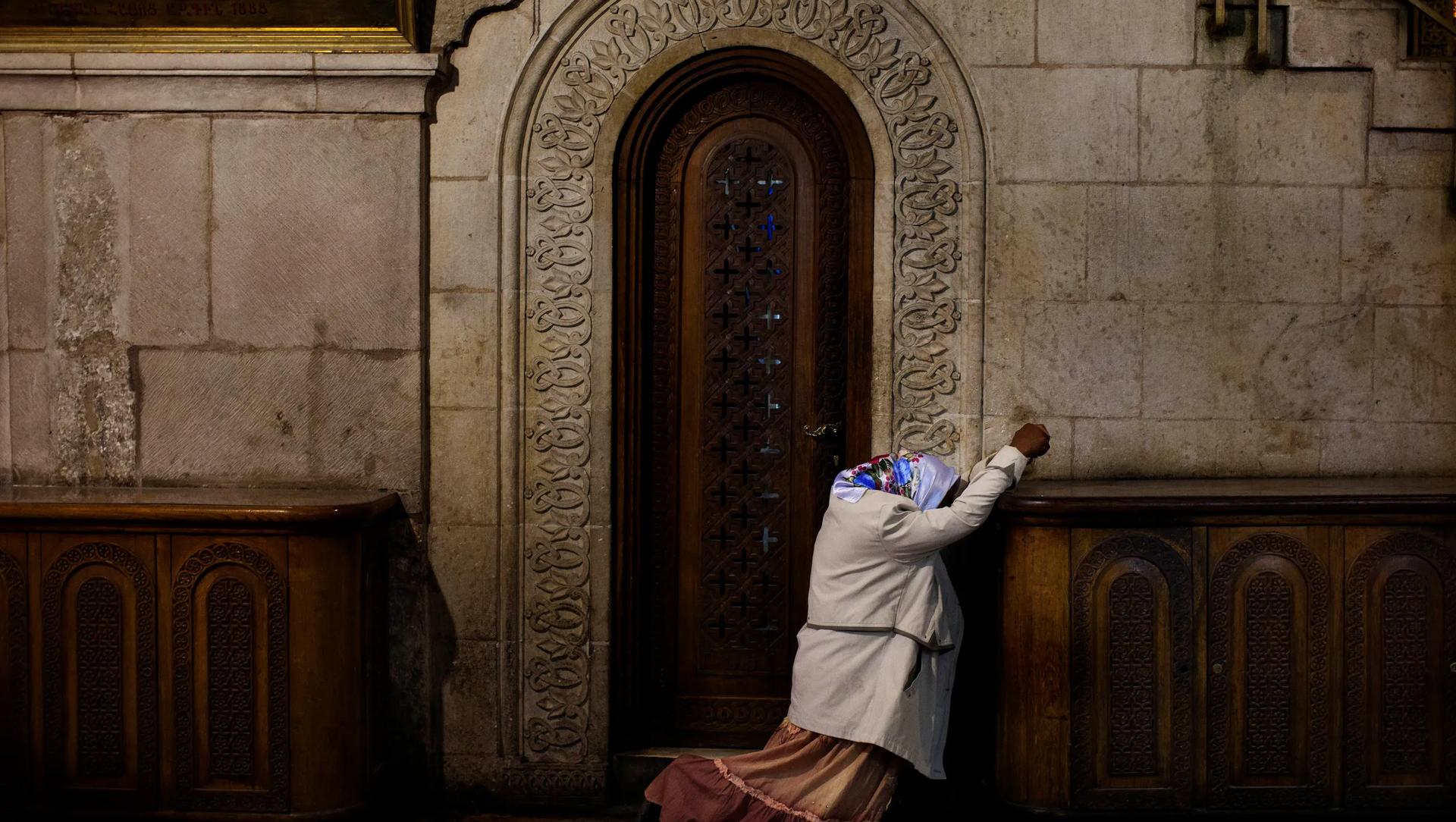At baptism and throughout the life of a Christian, an internal call is given to us to seek and develop a life of prayer. We are summoned to seek fellowship with the God who created us and who is redeeming us. Such fellowship is marked by speaking and listening to God.
The task of praying is not easy. The Catechism of the Catholic Church rightly speaks of the “battle” of prayer. In a passage that exudes spiritual wisdom, the Catechism teaches us:
“Prayer is a battle. Against whom? Against ourselves and the against the wiles of the tempter who does all he can to turn man away from prayer, away from union with God. We pray as we live, because we live as we pray… The ‘spiritual battle’ of the Christian’s new life is inseparable from the battle of prayer.”
Such a spiritual work is made even harder in a secular age that does not value prayer or acknowledge its power. There is no encouragement to pray in an age that denies the revealed God and does not readily welcome his grace within the human family. The work, however, must still be done. Christians are called to pray. We are to be a people of prayer.
As a help to us in our labors to pray, the Church provides us with many prayer methods. While there are countless such methods within the various spiritualities and charisms in the life of the Church, we can speak of seven principal methods. These include lectio divina, composition of place, poustinia, the saint method, the examen, the liturgy method and the rosary.
Of the seven methods, the examen is the most introspective, which means it’s also the easiest one to manipulate and deform. The examen is a thorough evaluation of a day (or some other designation of time). Such an examination is not for ourselves or from ourselves. The examen is about communing with God, reviewing our day in light of our relationship with him, and seeking to find his mercy and promptings throughout our day. It is not self-help or self-improvement.
The examen is an opening of our day to the guidance of the Holy Spirit and asking God to show us where his grace triumphed and where we need more of his grace. The examen is about our communion with God and our desire to live and thrive by his good pleasure.
An examen is usually done in the evening, but it can be done at other times in the day depending on circumstances and the need for divine light.
An examen can be done in several different ways. Three of the more popular ways include an hourly review, a review by virtue, or a review by our interaction with people.
In the hourly review, we begin with the hour in which we woke up. We assess how we started our day. Did we hit the snooze button three times, drag ourselves out of bed, and not pray? Did we start our day with gratitude and make an offering of our day to God? How did we start the day? After the first hour, we walk hour by hour through the day. Where was God’s presence? What was his will? How did we respond? Where were we selfish or closed to the workings of grace? By going hour by hour, we can track how we did. We can identity times in the day when we are more responsive to grace. We can recognize hours of greater struggle or difficulty.
In the review by virtue, we focus solely on one virtue. We examine our day looking for where the virtue was triumphant by grace or where it suffered because of negligence or rebellion on our part. The form of the examen is usually done when we are seeking to work on a particular virtue. Any virtue can be used for the examen. Some of the more popular virtues for the examen include humility, patience, heroic charity, and kindness.
The review by our interaction with people is when the entire examine is about a particular personality type, or temperament, or specific people. This type of examen is done when we realize a pattern of behavior with a type of person. For example, we might gossip around people we’re comfortable with, we overreact to people with strong personalities, or we dislike people who are introverts or extraverts. The method helps us to keep our charity and apply our basic Christian virtue to all people.
These are three ways to do the examen. In general, the examen is about actively engaging the grace of God and allowing it to transform us and help us to live as the children of God.













